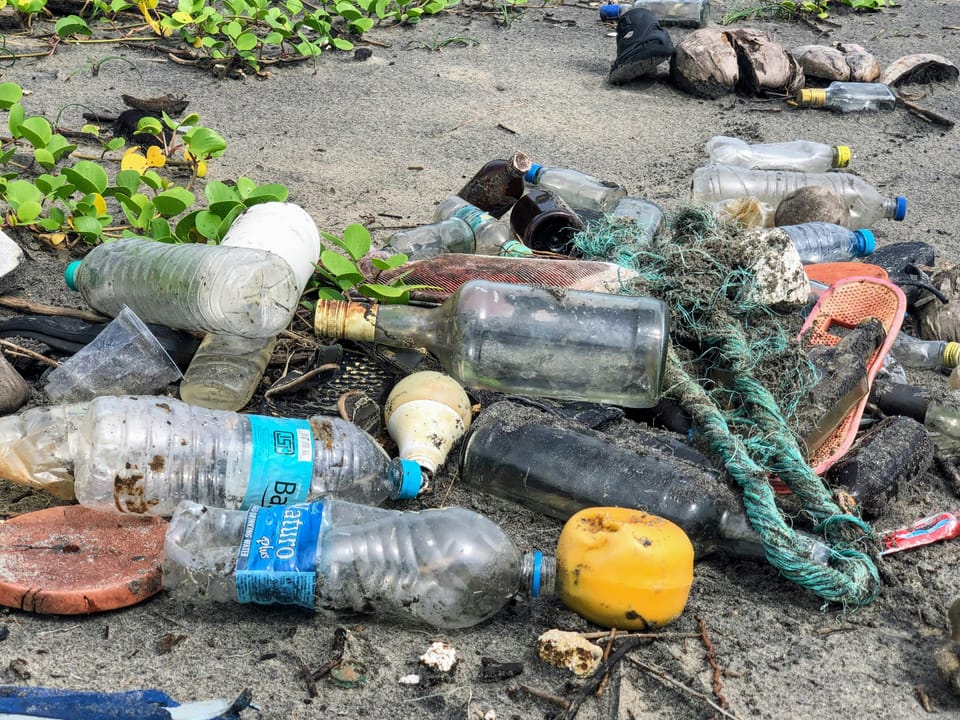Morgan Stanley drops 2030 pledge to cut plastic pollution

Morgan Stanley appears to have backed away from a public pledge to avoid 50 million tonnes of plastic from ending up in landfills by 2030 – after removing all mentions of this target in its latest sustainability report.
The bank’s Plastic Waste Resolution was launched in 2019 to “facilitate the prevention, reduction and removal of 50 million metric tonnes of plastic waste from entering rivers, oceans, landscapes and landfills by 2030”.
The pledge was prominently featured in its 2022 ESG report (published in July 2023), where Morgan Stanley said it had already prevented, reduced or removed 14 million tonnes of plastic from the environment.
But in its latest report, published on September 4, any mention of this goal is completely absent. In fact, plastic is only mentioned twice in the 93-page report, referring to a vague “focus on plastic waste”.
In addition, the Plastic Waste Resolution has also been removed from the bank’s website.
A Morgan Stanley spokesperson has told Bloomberg that although plastic waste “remains a sustainability focus”, challenges with “the quality of data needed to meet our disclosure standards” prevented proper monitoring of the target.
A target reality check
The bank is the latest in a series of companies to – quietly or openly – drop sustainability targets. This week, Volvo Cars lowered its target to sell 100% electrified vehicles by 2030 to just 90%, citing market uncertainties and trade tariffs.
And in July, Air New Zealand also scrapped its 2030 GHG emissions intensity reduction target due to aircraft availability and sustainable aviation fuel supply restrictions.
Making public commitments to take action against climate change or plastic waste is an increasingly popular part of setting a sustainability strategy, but research has shown that many of these goals lack credibility – which could explain why companies then struggle to deliver.
Plastic problems
Plastic waste is a particularly challenging area for Chief Sustainability Officers: even for firms committed to reducing it, waste tonnage is increasing.
A recent analysis of 225 large companies found that while most have plastic reduction or recycling goals, a majority are not on track to meet them, with plastic use still increasing in line with business growth.
“Virgin plastic reduction goals alone are insufficient. To decrease plastic use intensity (plastic use per $ of revenue), corporations must substantially increase action across all pillars discussed in this report, including use of recycled content, end-of-life recovery, substitution with reusable packaging, and Extender Producer Responsibility for a circular economy,” said NGO As You Sow in the report.







Member discussion